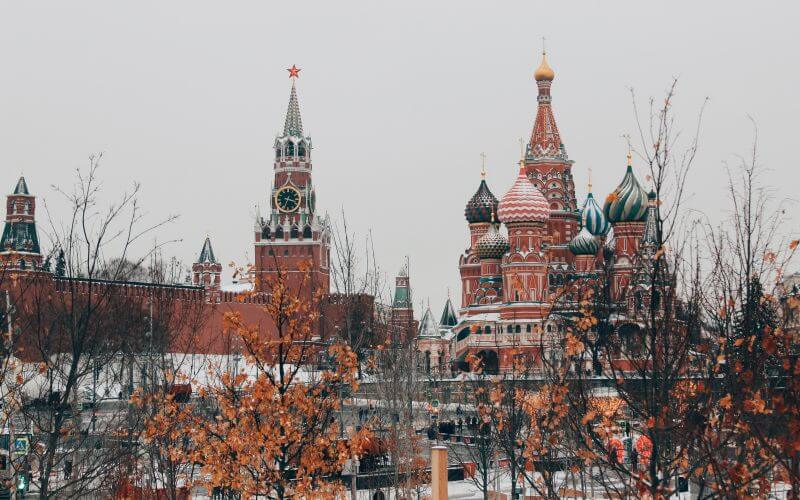Summary
International Banking
The Biden Administration, Canada, United Kingdom, France, Germany, and others announced that they would remove Russian banks from the Society for Worldwide Interbank Financial Telecommunication messaging system (SWIFT), an important tool used by countries to engage in international banking. If the U.S. proceeds to cut Russia out of the payment network known as SWIFT it could isolate Russia and bar transfer of profits from oil production, accounting for 40 percent of the nation’s revenue.
Some economic analysts also point out that the U.S. and European companies that do business with Russian banks could also face financial struggles and do everything to get their funds out of the soon-to-be-sanctioned domestic institutions. Some officials called this action an economic nuclear option that would disconnect Moscow from the international financial system and damage its ability to operate globally. Others argue this would prevent European investors from recouping payments of debt that many Russian companies and individuals owe.
Inflation
With Russia as a large global producer of oil, disruption of its production through sanctions by the U.S. and the European Union will most likely send oil prices higher than they are already. Some believe that the average price of a gallon of gasoline in America could be around $3.75 if Russia continues its invasion and could hit $5 a gallon within months or even weeks.
Both Russia and Ukraine are large wheat exports, and if production faces cuts because of sanctions or the war, global wheat supplies will fall drastically. According to economic reports, the price of wheat reached a nine-year high Thursday as the conflict was ongoing.
As a result of the rising inflation, investors are looking towards gold to protect themselves in the equity market by Russia's invasion of Ukraine. With the invasion ongoing and supply disruptions occurring, investors believe that commodities such as Gold and Silver can offer returns amid the growing inflation.
Airline Stocks Fall
Ever since the EU announced the closure of its airspace to Russian airliners and the potential aspect of the Kremlin’s actions of shutting out EU airlines, shares tumbled by 21 percent. European Airline companies such as Finnair, Finland’s national carrier, could suffer a loss of business given the use of routes across Russian airspace from Europe to Asia and then to Helsinki. Other countries such as Delta Air, American Airlines, and United Airlines saw their shares go down roughly around one to three percent because of being unable to do business in Russia.
Defense stocks such as Northrop Grumman that produce fighter planes saw their stock increase with the demand for fighter jets by Europe and the U.S. Airline stocks and hotel and travel service stocks fell because of the fear of the ongoing invasion potentially spreading out from Ukraine. With a large portion of closed airspace and the future price of fuel increases, the aviation sector will face economic hits if no negotiated agreement occurs to resolve the conflict.
Energy Independence
Putin’s invasion of Ukraine is a wake-up call to the U.S. and European governments who have obsessed over climate issues rather than drill or mining for natural resources. Many European countries have instead relied on other foreign countries like Russia and Iran to supply their citizens with oil, causing them to rely on these countries who then use funds to prop up Russia and their invasion of Ukraine.
In the U.S., many Republicans have pointed out that this invasion would not have occurred if the Biden Administration halted numerous oil and gas leases on federal land and killed the Keystone XL pipeline. All of these measures would have allowed America to be energy independent and not rely on Russian or Iranian oil exports. With the invasion still ongoing, many Americans will pay for more oil, which will become unreliable, crippling economic growth and eroding the living standards of ordinary Americans.
The Russian Ruble Loses Value
Russian civilians are scrambling to withdraw their money from ATMs as economic sanctions against Putin's actions are in place. The Ruble has fallen as much as 30 percent to 120 per American dollar. The Russian currency has now become worth less than one cent, causing fear and panic for Russia’s domestic economy. Many Russians have stood in long lines on Sunday to withdraw foreign currency, fearing banks will limit cash withdrawals. According to reports, Russia’s Central Bank raised the interest rate from 9.5 percent to 20 percent to help prop up the Ruble and prevent its complete collapse. The U.S. Treasury Department and the European Union froze the Russian Central Bank assets abroad.









